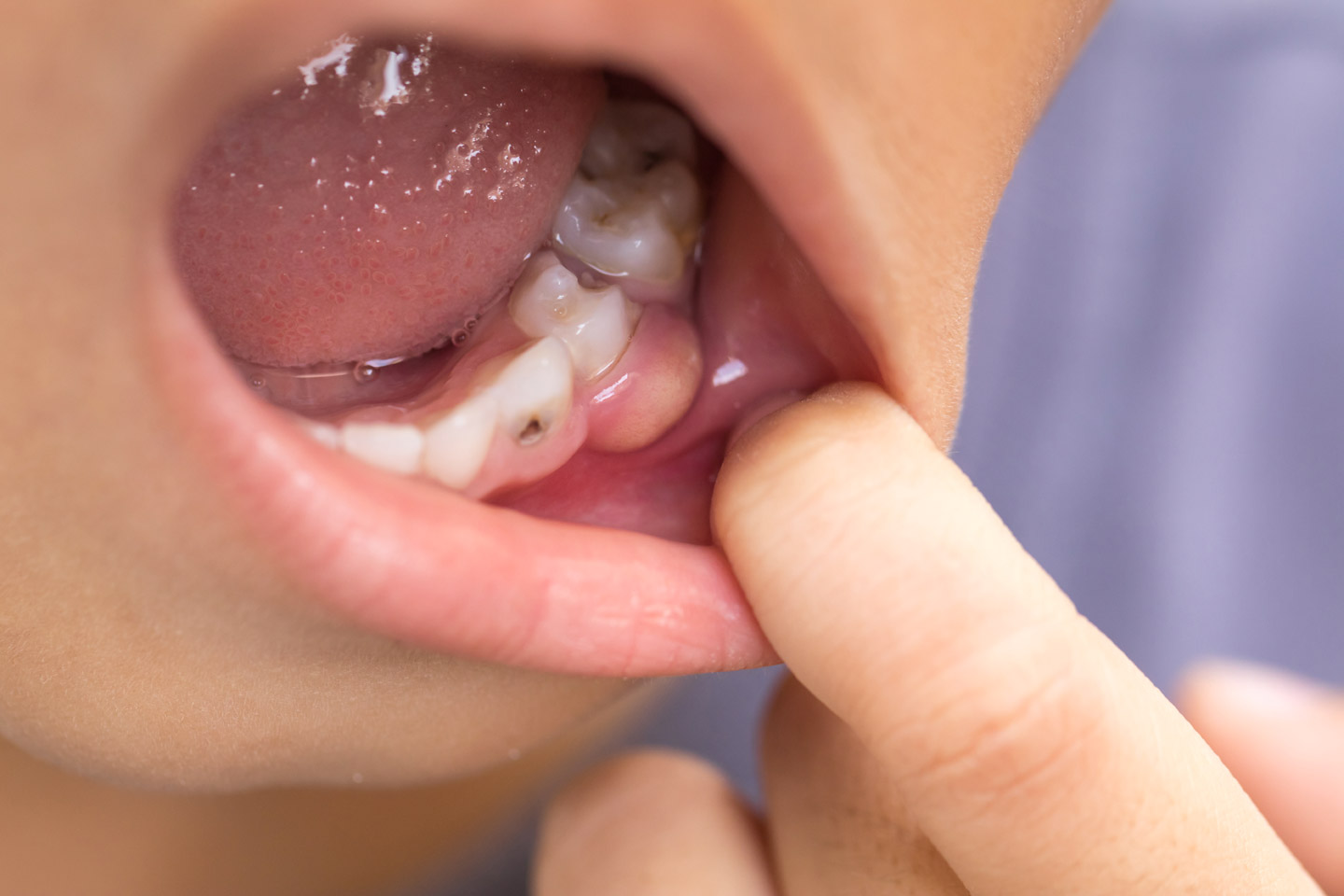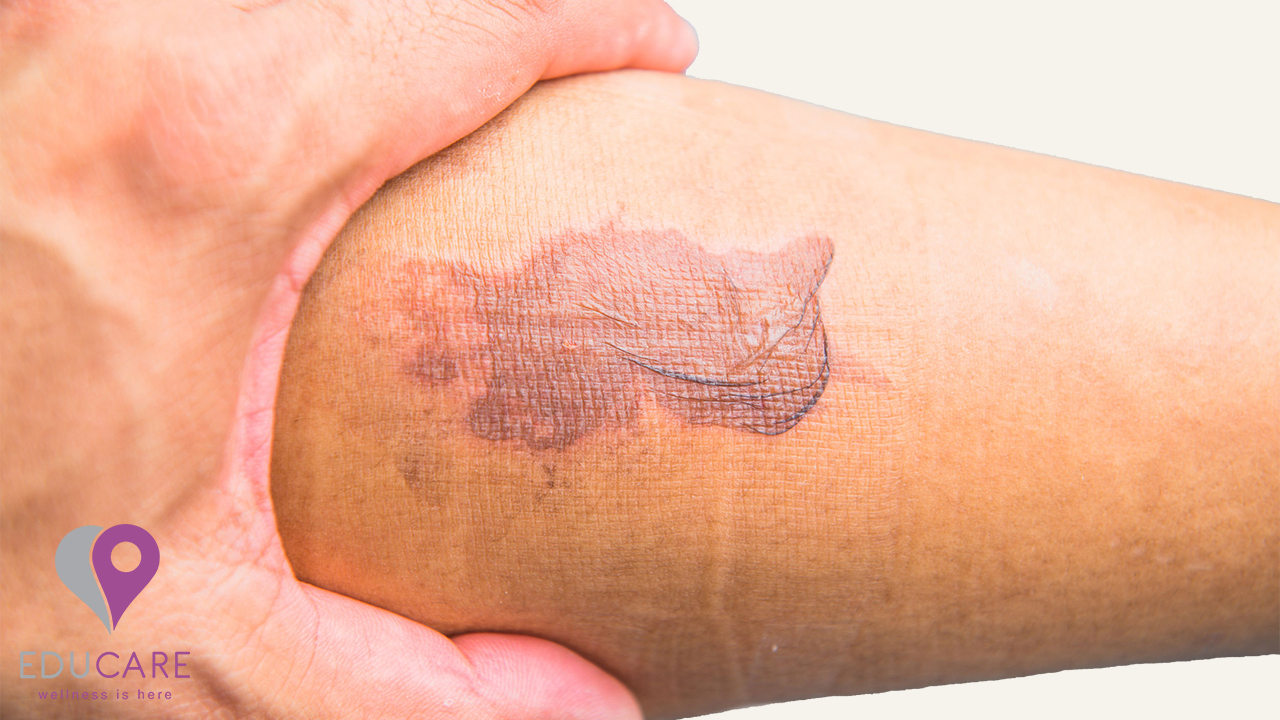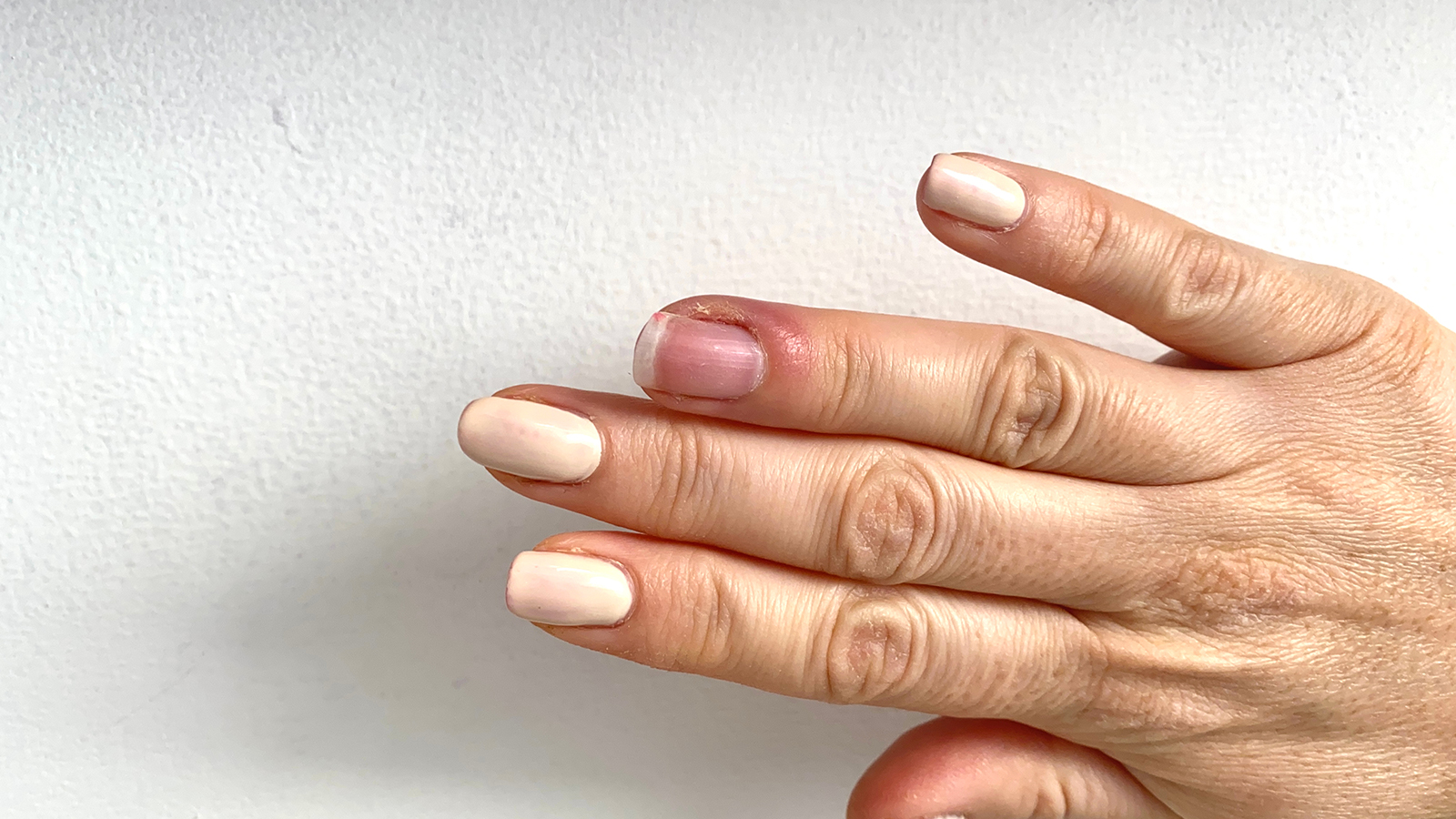For some years now, the overall number of smokers in Western countries has been gradually decreasing. And that is good news. Unfortunately, however, this favorable trend does not apply to women, who are increasingly taking up smoking and managing to quit with considerable difficulty. The recent spread of
electronic cigarettes, falsely perceived as harmless, certainly does not help to improve the situation, unless they are actually used as a transitional support for smoking cessation.
The phenomenon is not insignificant because, as is well known, smoking harms health on many fronts and women’s health in particular: on the respiratory, cardiovascular, hormonal, oncological and reproductive life levels. A recent study conducted at Brigham and Women’s Hospital – Harvard Medical School in Boston (United States) adds another good reason why women should avoid smoking altogether or try to give it up as soon as possible: to reduce the risk of developing rheumatoid arthritis.
Rheumatoid arthritis is a chronic immune-based inflammatory disease that affects the joints (especially those of the hands and feet), causing painful periodic inflammation and degeneration of cartilage and bony joint surfaces and leading, over time, to the onset of persistent pain and disabling deformities. For reasons yet to be elucidated, regardless of whether they smoke or not, women tend to be more affected by the disease than men, especially from the age of 45.
Since time immemorial, smoking is strongly discouraged for those suffering from chronic inflammatory diseases or those involving autoimmune activation (such as systemic lupus erythematosus or multiple sclerosis) because its oxidizing and pro-inflammatory action facilitates the onset of flare-ups, with all that follows in terms of symptoms and unfavorable evolution of the clinical picture (organ and tissue damage and development of disability at various levels).
New evidence from researchers at Brigham and Women’s Hospital – Harvard Medical School confirms the strongly negative impact of smoking in the female population, assigning it the role of a definite and crucial risk factor for the onset of rheumatoid arthritis. Analyzing data on more than 230 thousand women included in the cohorts of two previous studies, the Nurses’ Health Study (NHS, 1976-2014) and the NHSII (1989-2015), the researchers found that, compared with women who had never smoked, smokers were about 50 percent more likely to be affected by rheumatoid arthritis, mainly in the “seropositive form” (+67 percent), that is, characterized by the presence of Rheumatoid Factor in the blood (the main marker of the disease).
Two other observations helped support this indication: first, women’s risk of developing rheumatoid arthritis was the higher the greater the average number of cigarettes smoked; second, the likelihood of developing the disease decreased as the number of years elapsed since the women were able to quit smoking for good. In particular, compared with those who had quit smoking for less than 5 years, those who had quit for more than 30 years had a 40% lower risk of developing rheumatoid arthritis, although still somewhat higher than those who had never smoked (+25%).
Source: Xinyi Liu et al. Impact and timing of smoking cessation on reducing risk for rheumatoid arthritis among women in the Nurses’ Health Studies. Arthritis Care and Reasearch 2019; doi:10.1002/acr.23837 (https://onlinelibrary.wiley.com/doi/abs/10.1002/acr.23837)




































































































